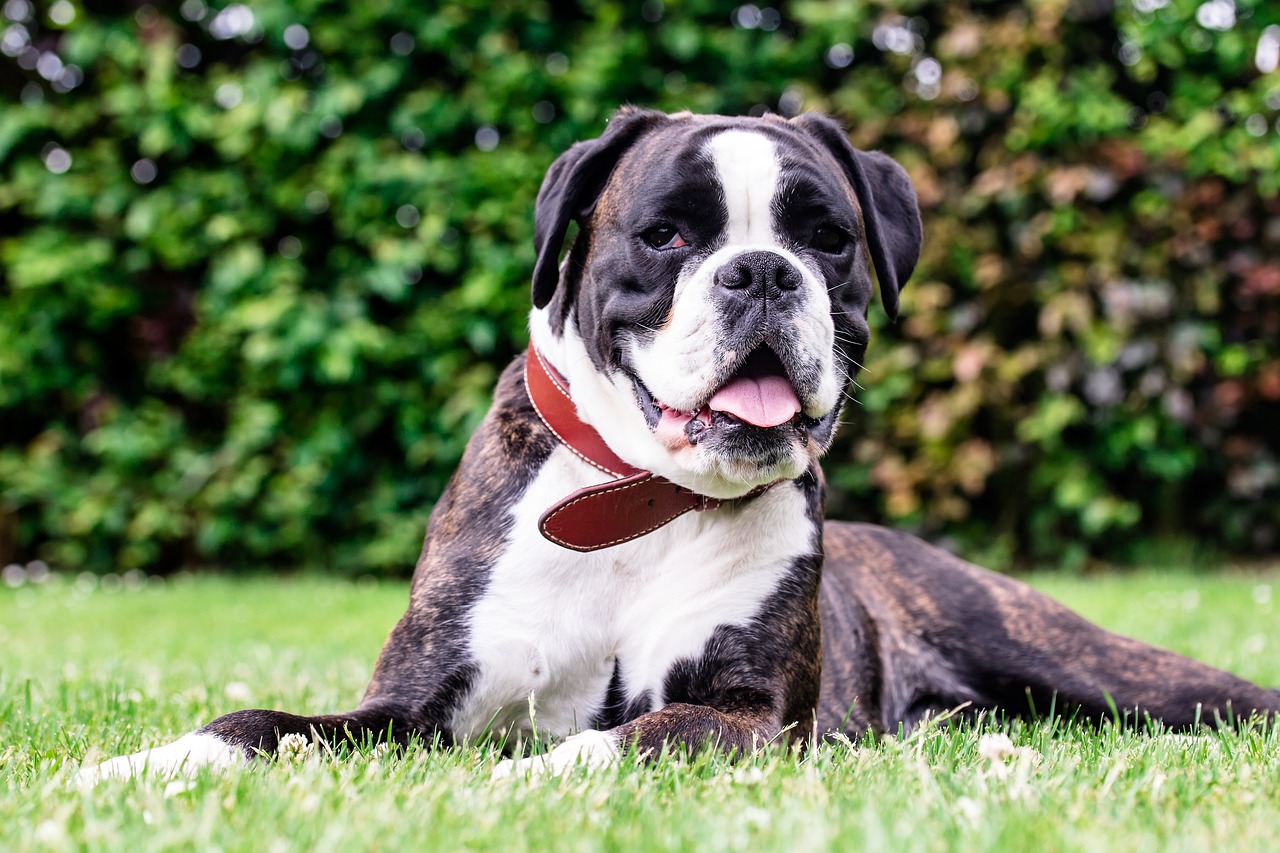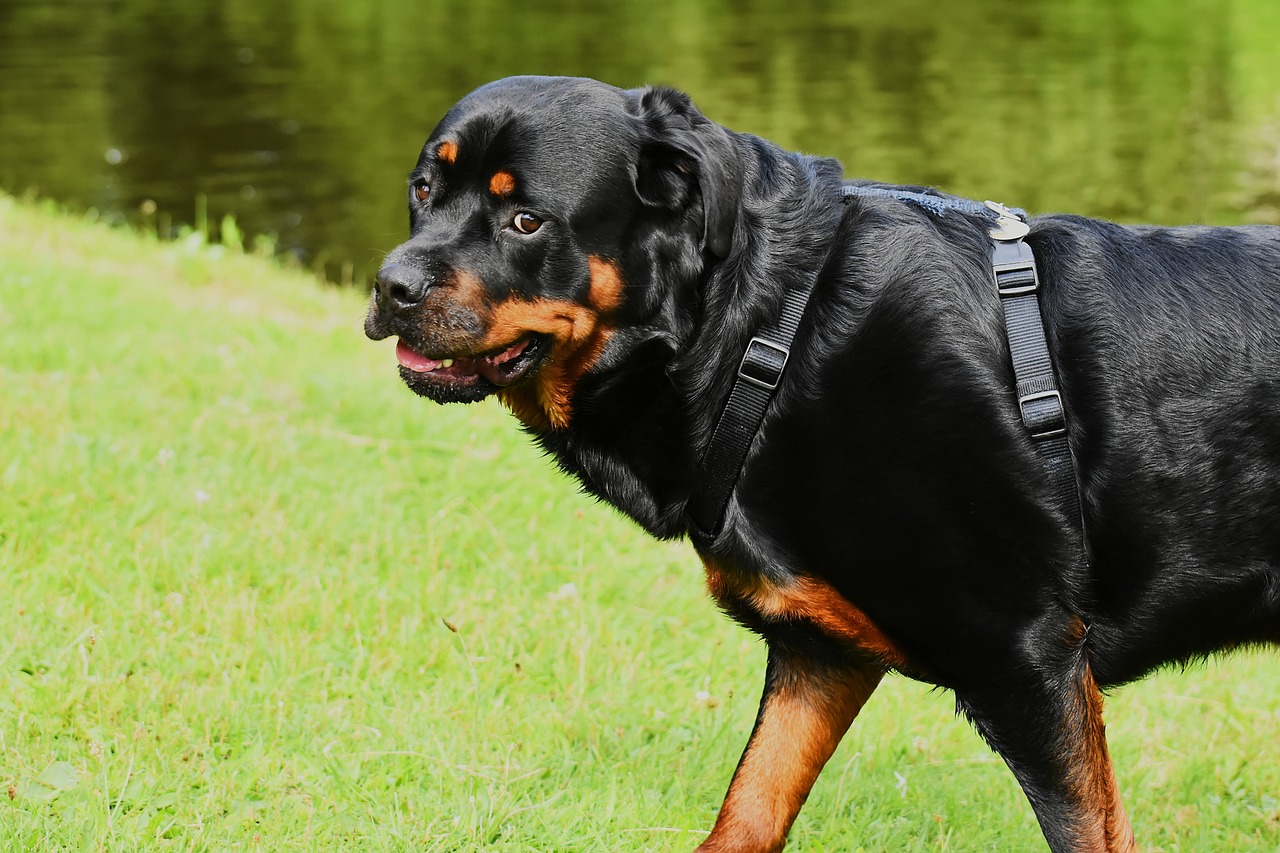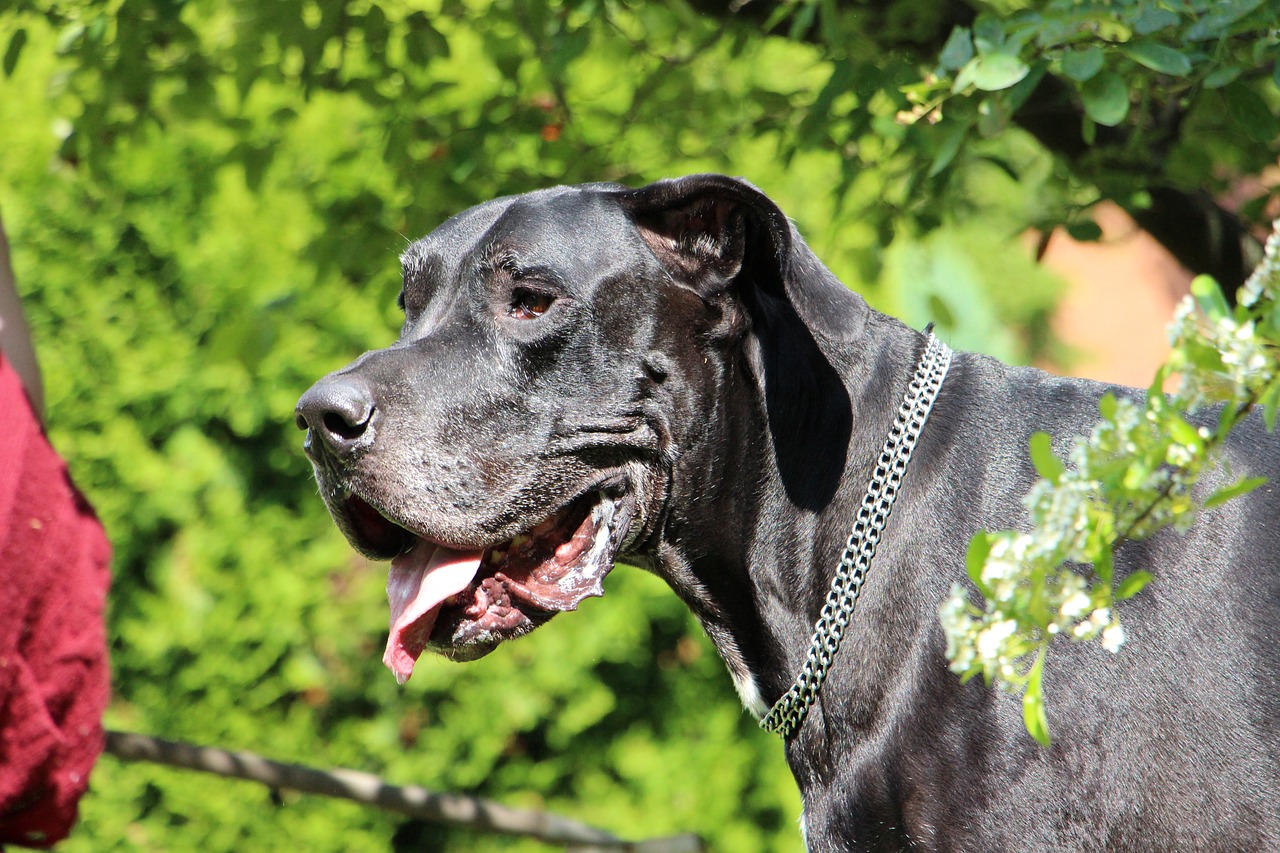When discussing the health of our canine companions, it’s essential to recognize that some dog breeds are predisposed to more health problems than others. This doesn’t diminish their value as pets or their capacity to bring joy and companionship into our lives; rather, it underscores the importance of informed pet ownership and proactive veterinary care. The breeds listed here have been identified based on prevalent genetic predispositions to certain health conditions, from heart issues to skeletal problems. Prospective pet owners must be aware of these potential health concerns to provide the best care for their furry friends. By understanding these vulnerabilities, owners can be vigilant about preventive care, recognize early signs of illness, and work closely with their vet to manage any conditions that may arise. This article aims to shed light on the nine unhealthiest dog breeds, ranked according to the prevalence and severity of their health issues, to help owners and potential dog adopters make informed decisions.
1. English Bulldog
The English Bulldog tops our list due to its susceptibility to a wide range of health problems. This breed is well-known for its distinctive appearance, which, unfortunately, contributes to its health issues. Their short snouts make them prone to breathing difficulties, a condition known as Brachycephalic Airway Syndrome. Additionally, their wrinkled skin requires meticulous care to prevent infections. English Bulldogs are also at a higher risk for hip dysplasia, a genetic condition that affects the hip joint, leading to arthritis or lameness. Heart issues and a propensity towards obesity, which can exacerbate other health problems, make them one of the unhealthiest breeds.

2. German Shepherd
German Shepherds are revered for their intelligence and versatility, but they come with a predisposition to several health issues, placing them second on our list. A significant concern is hip and elbow dysplasia, genetic conditions that can lead to pain and mobility problems. This breed is also susceptible to degenerative myelopathy, a progressive disease of the spinal cord that can lead to paralysis. Moreover, German Shepherds can suffer from gastric dilatation-volvulus, commonly known as bloat, a life-threatening condition that requires immediate veterinary intervention. Their loyalty and service capabilities are unmatched, but potential owners should be aware of these health risks.

3. Cavalier King Charles Spaniel
Cavalier King Charles Spaniels are known for their affectionate nature and beautiful, flowing coats. However, they are prone to serious health issues, notably heart disease. Mitral valve disease (MVD) is particularly common in the breed and can lead to heart failure. They are also at risk for syringomyelia, a condition where cysts form within the spinal cord, causing severe pain and mobility issues. Eye problems, such as cataracts and retinal disorders, are not uncommon. While Cavaliers are loving companions, their potential health challenges necessitate vigilant care and regular veterinary check-ups.

4. Doberman Pinscher
Doberman Pinschers are sleek, powerful dogs known for their protective instincts. However, they are also prone to several health problems. One of the most severe is dilated cardiomyopathy (DCM), a heart condition that leads to decreased heart function and can be fatal. They are also at risk for von Willebrand’s disease, a genetic disorder that affects blood clotting, leading to excessive bleeding from even minor injuries. Hip dysplasia and thyroid issues are additional concerns for Dobermans. Despite these health challenges, Dobermans are devoted and intelligent pets that require careful monitoring for signs of illness.

5. Boxer
Boxers are energetic and playful, but they face a higher risk of cancer than many other breeds. Lymphoma and mast cell tumors are particularly common, along with brain tumors in older dogs. Boxers are also susceptible to heart conditions, including aortic stenosis and boxer cardiomyopathy, which can lead to heart failure. Hip dysplasia and epilepsy are additional concerns. The breed’s joyful demeanor and loyalty make these health issues particularly heartbreaking, underscoring the importance of regular veterinary care and health screening.

6. Rottweiler
Rottweilers are strong, confident dogs but have a predisposition to several health issues. Joint problems such as hip and elbow dysplasia are common, leading to pain and limited mobility. They also have a higher incidence of osteosarcoma (bone cancer) compared to other breeds. Rottweilers can suffer from heart conditions, including subaortic stenosis, a genetic defect that can lead to heart failure. Despite these health risks, Rottweilers can be loving and loyal family members with the right care and attention to their health needs.

7. Pug
Pugs, with their distinctive faces and playful personalities, are beloved by many. However, their unique physical characteristics also bring health challenges. Like other brachycephalic breeds, they struggle with breathing issues due to their short snouts. Pugs are also prone to eye problems, including proptosis, where the eye can dislocate from the socket, and entropion, where the eyelids roll inward, irritating the eye. Obesity is another common issue, exacerbating their breathing difficulties and joint problems. Despite these concerns, Pugs remain affectionate and spirited companions.

8. Great Dane
Great Danes, known for their imposing size, also face significant health challenges. Their large stature predisposes them to hip dysplasia and other joint issues, as well as heart conditions like dilated cardiomyopathy. Bloat is a major concern for Great Danes, given their deep chests; this condition can be fatal if not treated promptly. They also have a shorter lifespan compared to smaller breeds, often due to their size-related health issues. Nevertheless, Great Danes are gentle giants, known for their kind nature and affectionate personalities.

9. French Bulldog
French Bulldogs, with their compact size and affectionate nature, have rapidly grown in popularity. However, they share many of the health concerns associated with brachycephalic (short-faced) breeds. Breathing difficulties due to their narrow airways are a primary concern, often necessitating surgical intervention to improve airflow. Skin conditions are also common due to their skin folds, which can harbor bacteria and yeast if not cleaned regularly. French Bulldogs are prone to spinal disorders, including intervertebral disc disease (IVDD), due to their unique body structure, which can lead to pain and paralysis. Eye conditions such as cherry eye, where the gland under the eyelid protrudes, are also seen in this breed. Despite these health concerns, French Bulldogs are known for their playful and adaptable nature, making them beloved companions in many households.

These breeds may be predisposed to various health issues, but with the right care, attention, and regular veterinary check-ups, they can lead happy and fulfilling lives. Prospective dog owners should consider these health risks when choosing a breed but also remember that every dog deserves a loving home. Being informed and prepared can make all the difference in managing these health challenges and ensuring your pet lives a long, healthy life.
 Toledo, United States.
Toledo, United States.
